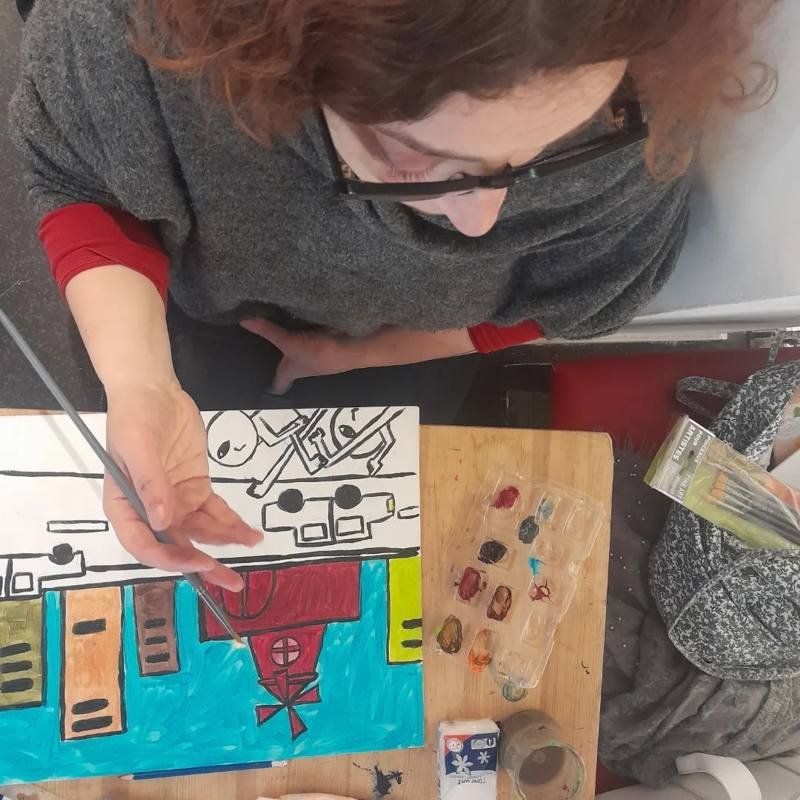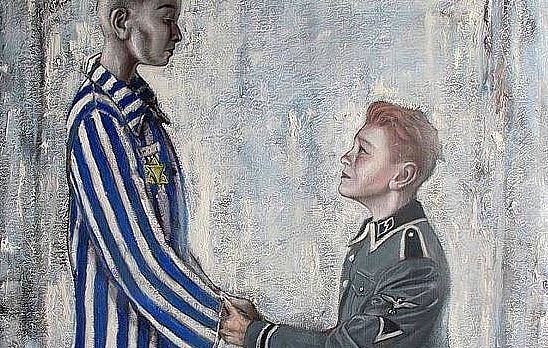The question of whether a work of art is evidence of the freedom of the artist’s mind is a fascinating and profound question that is open to many different views and interpretations.
On the one hand, one could argue that works of art actually reflect the freedom of the artist’s mind. Artists use their creativity, imagination and emotions to create unique works that express their personal visions, thoughts and experiences. In this sense, each work of art could be viewed as a manifestation of the artist’s individual freedom, his or her consciousness and his or her creative autonomy.
On the other hand, art can also be influenced by many external influences, such as social expectations, historical and cultural contexts, economic constraints and personal circumstances. Some artists may feel pressured to follow certain trends or meet expectations, which may limit their freedom.
Another interesting aspect is that works of art can reflect not only the freedom of the artist’s mind, but also that of the viewer. Each viewer interprets a work of art in their own way and brings their own thoughts, emotions and experiences to the viewing, resulting in a variety of perspectives and interpretations.
Overall, the question of whether works of art are evidence of the freedom of the artist’s mind is complex and subjective. There are certainly arguments for both sides, and ultimately it depends on individual experience and perspective.
Our artists: Stéphanie Perrot – Alain Cabot – Patrick Boussignac.
Für weitere Informationen stehe ich Ihnen gerne zur Verfügung.

Stephanie Perrot paints.
Stéphanie Perrot
Patrick Boussignac
Alain Cabot
You are an artist in one of the art schools (painting, sculpture, engraving, drawing, art photography).
Would you like to use our Swiss-French showcase that is open 24 hours worldwide?
Write us.






0 Comments